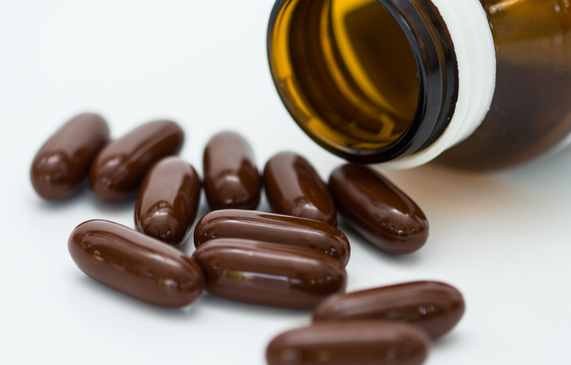The benefit of statins in high-risk patients is unmistakable, but so is the potential for side effects.
In some studies, up to 20% of statin users report adverse reactions, most commonly muscle aches or weakness.
There are many reasons for statin-related muscle problems, but one that is commonly missed—and easily fixed—is a low blood level of Vitamin D.
Why Vitamin D Affects Muscles
There is an interesting link between Vitamin D and muscle function. Muscles are rich in specialized receptors, or docking stations, for Vitamin D. When blood levels drop too low, the Vitamin D hook-up in those receptors doesn’t happen, and muscle function can suffer.
Muscle irritation is a possible adverse reaction from statins, a problem compounded by low Vitamin D. In several studies, people who develop muscle-related side effects from statins had significantly lower Vitamin D levels than those without side effects.
There Is a Fix
But problems related to low Vitamin D are easily remedied. In one study of people with low Vitamin D levels and statin related muscle pain, restoring normal levels of Vitamin D allowed 91% of patients to take a statin without side effects.
Our bodies make Vitamin D in response to sunshine, so levels tend to plummet in the winter, particularly in northern areas. Foods highest in Vitamin D content include dairy products (usually fortified with Vitamin D). Significantly low Vitamin D levels, however, usually require a supplement or prescription.
If you take a statin and suspect a problem, talk to your health care provider. And armed with this information, ask about the possibility of low Vitamin D. There’s no way to know for sure if your level is low without a blood test.
References:
Statin Intolerance Resolved by Vitamin D Supplementation
The Relationship of Vitamin D Deficiency to Statin Myopathy
Interested in living a healthier lifestyle?
Learn the essentials of eating and living healthfully in our interactive, user-friendly learning program for the public.
Clinicians: Do you feel confident responding to patient questions about nutrition?
Take our award-winning condensed interactive nutrition CME—and learn what every clinician should know about nutrition.



